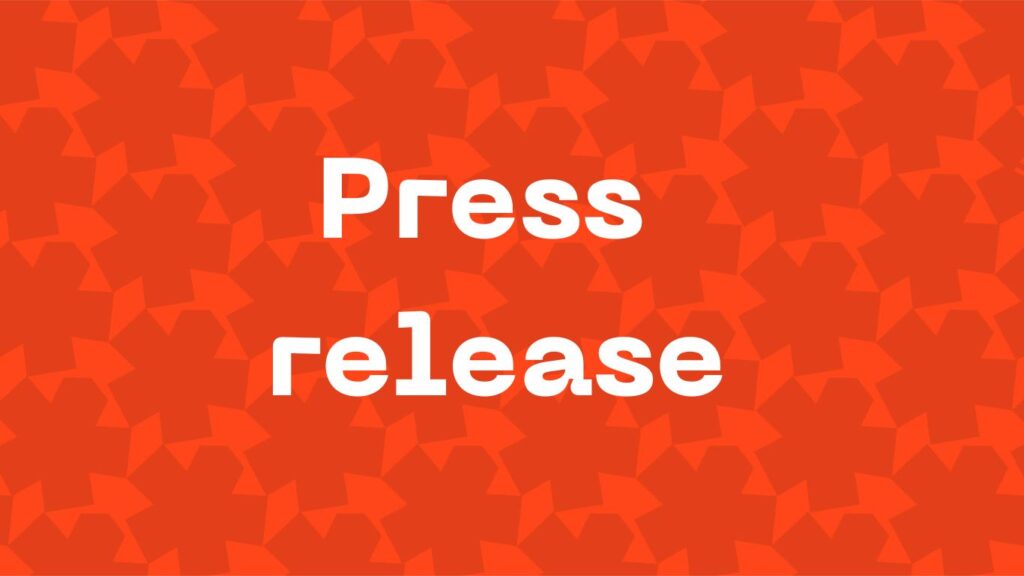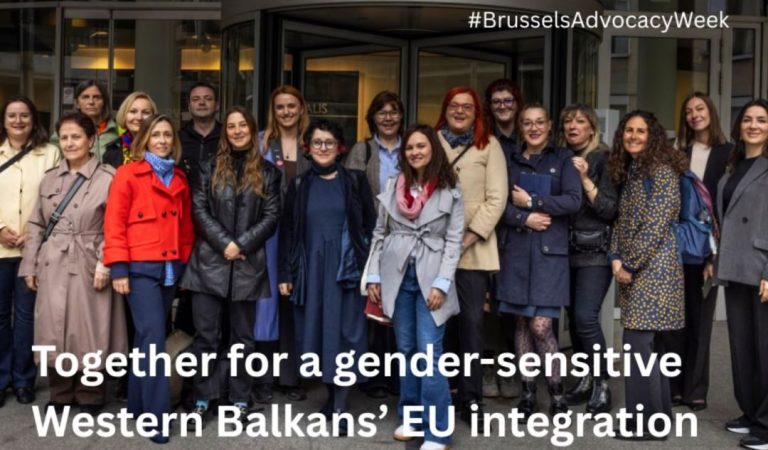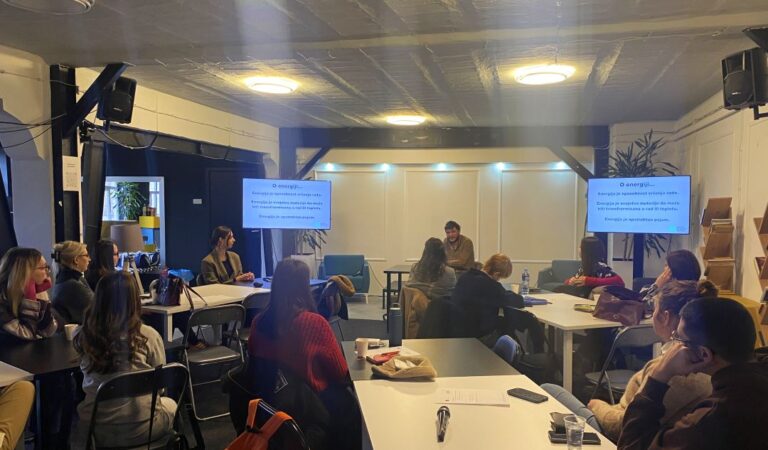A 11 – Initiative for Economic and Social Rights and Praxis presented reports on the implementation of the Law on Free Legal Aid from the perspective of stateless people and internally displaced persons in Serbia. The report of Initiative A 11 focused on the implementation of the Law on Free Legal Aid from the perspective of internally displaced persons, while the Praxis report deals with the issue of the implementation of this Law from the persons at risk of statelessness point of view. Although they have researched law implementation for two different categories of citizens, both reports highlight the great challenges that the most vulnerable categories are facing in their attempts to exercise their right to free legal aid.
A survey conducted by Praxis showed that only 32% of municipalities and cities have formed free legal aid offices, and that in 18% of local self-government units no request for free legal aid has been submitted, while in 32% there have not been more than 10 submitted requests in a year. Problematic is also the fact that in two-thirds of local self-government units, persons who decide on requests are also the ones who provide free legal aid.
As Milan Radojev, the legal coordinator at Praxis, points out, an extremely small number of people at risk of statelessness managed to receive free legal aid in the manner prescribed by law. He especially emphasized that these citizens almost never managed to obtain the right to free legal aid on their own, but the aid was approved only after Praxis’ lawyers helped.
“People at risk of statelessness are among the most vulnerable groups in society. The lack of documents prevents them from accessing other basic rights, and here we are talking about people who live in deep poverty anyway. These are people with a low level of education, legally inexpert, and often not aware of the kind of help they need. If they can’t get free legal aid in order to get personal documents, then they are in a hopeless position”, states Marijana Luković, the executive director of Praxis.
On the other hand, the research of Initiative A 11 indicates the inaccessibility of the system of free legal aid to the most vulnerable internally displaced persons. Persons belonging to particularly vulnerable groups, who participated in the research, stated that they are not adequately informed about how they can access free legal aid, that procedures are not accessible and transparent, and that their requests are often rejected orally.
In addition, as a special problem that hinders access to legal aid, it is pointed out that the application form for requesting free legal aid is insufficiently clear, and that it is not adjusted with the needs and level of education of some of the most vulnerable citizens. The presented case studies indicate the illegality of the work of free legal aid offices, as well as insufficiently clear procedures and the overall inaccessibility of free legal aid to the most vulnerable.
Having in mind the shortcomings that the application of the Law on Free Legal Aid has brought to the most endangered citizens, as well as the fact that the Law practically excludes associations of citizens specialized in providing free legal aid from the possibility of providing it, panelists questioned if it is necessary to amend the Law and improve its commitment to providing access to justice to those citizens who are most at risk. In addition, informative campaigns on the rights that citizens have in the free legal aid system, as well as training of employees dealing with the provision of free legal aid, are proving the necessity to improve free legal aid for the most vulnerable.



